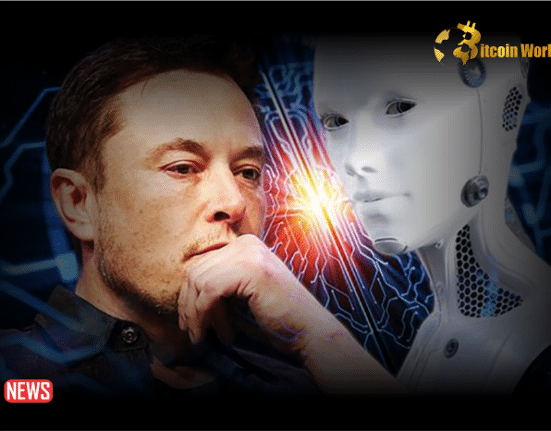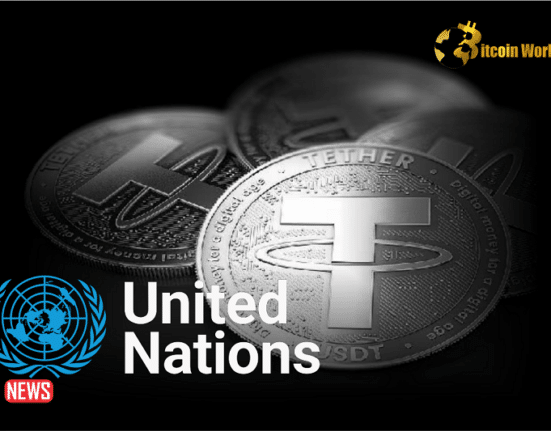In a recent report, the United Nations (UN) has raised alarming concerns about the rapid advancements in artificial intelligence (AI) and its impact on media integrity, particularly on social platforms. The UN has highlighted the risks posed by AI-generated content, including deepfakes, emphasizing the urgent need for action to combat the dissemination of false information and hate speech.
The United Nations has issued a grave warning, declaring that media produced by artificial intelligence represents a significant and pressing threat to the integrity of information, particularly within social media. In a report published on June 12, the UN underscored how the proliferation of disinformation online had reached new heights due to rapid technological advancements, explicitly referring to generative artificial intelligence as a leading cause.
Deepfakes, which refer to the use of AI to create manipulated and misleading content, were singled out by the UN as a major concern. According to the report, AI-generated falsehoods and hate speech are distressingly presented to users as factual information. The repercussions of such deception were demonstrated last month when an AI-generated image and fabricated news report of an explosion near the Pentagon caused a brief dip in the S&P 500.
In response to these threats, the UN has called upon all stakeholders involved in AI to take immediate and decisive action to combat the dissemination of false information. The organization emphasized the need for responsible AI usage and explicitly called for an end to the prevailing Silicon Valley mindset of “move fast and break things.”
Speaking at a press conference on the same day, UN Secretary-General António Guterres echoed the urgency, describing the alarm bells ringing over generative AI as deafening, particularly among the developers who pioneered the technology. Guterres further revealed that the report would lay the groundwork for a UN Code of Conduct for Information Integrity on Digital Platforms. This code establishes principles that governments, digital platforms, and other stakeholders are encouraged to adopt voluntarily.
Meanwhile, former UK Prime Minister Tony Blair and Conservative Party politician William Hague published a report on June 13 emphasizing international collaboration. They called upon the governments of the UK, the United States, and their allies to advocate for a new UN framework that would urgently address the challenges posed by AI. The duo highlighted AI’s unpredictable nature and increasing power, labeling it the most significant policy challenge to date. They also criticized the current approaches and channels employed by governments, suggesting they need to be more-suited for dealing with this transformative technology.
The UN’s warning and the recommendations by Blair and Hague underscore the critical need for global cooperation in tackling AI’s potential threats to information integrity.














